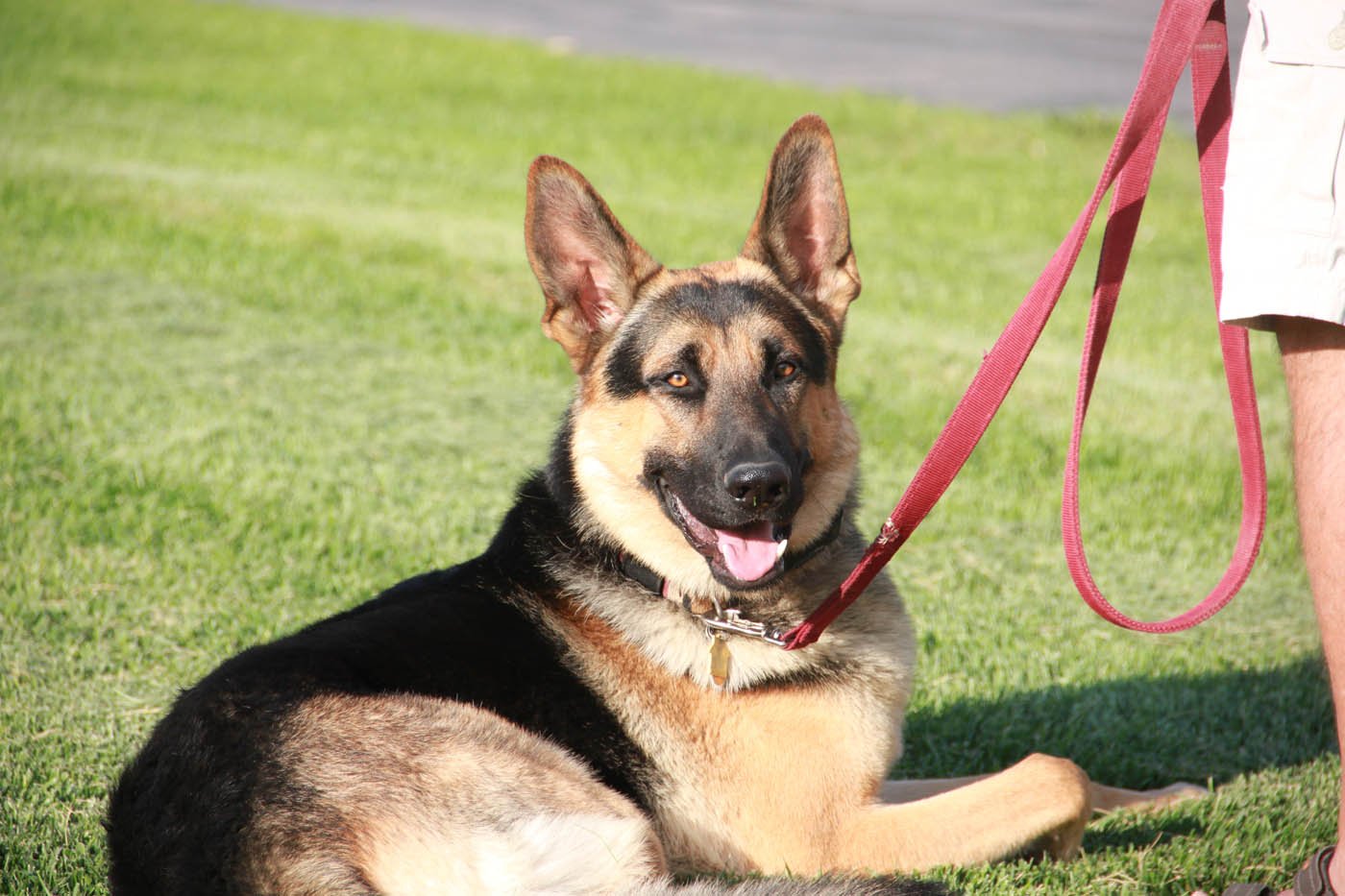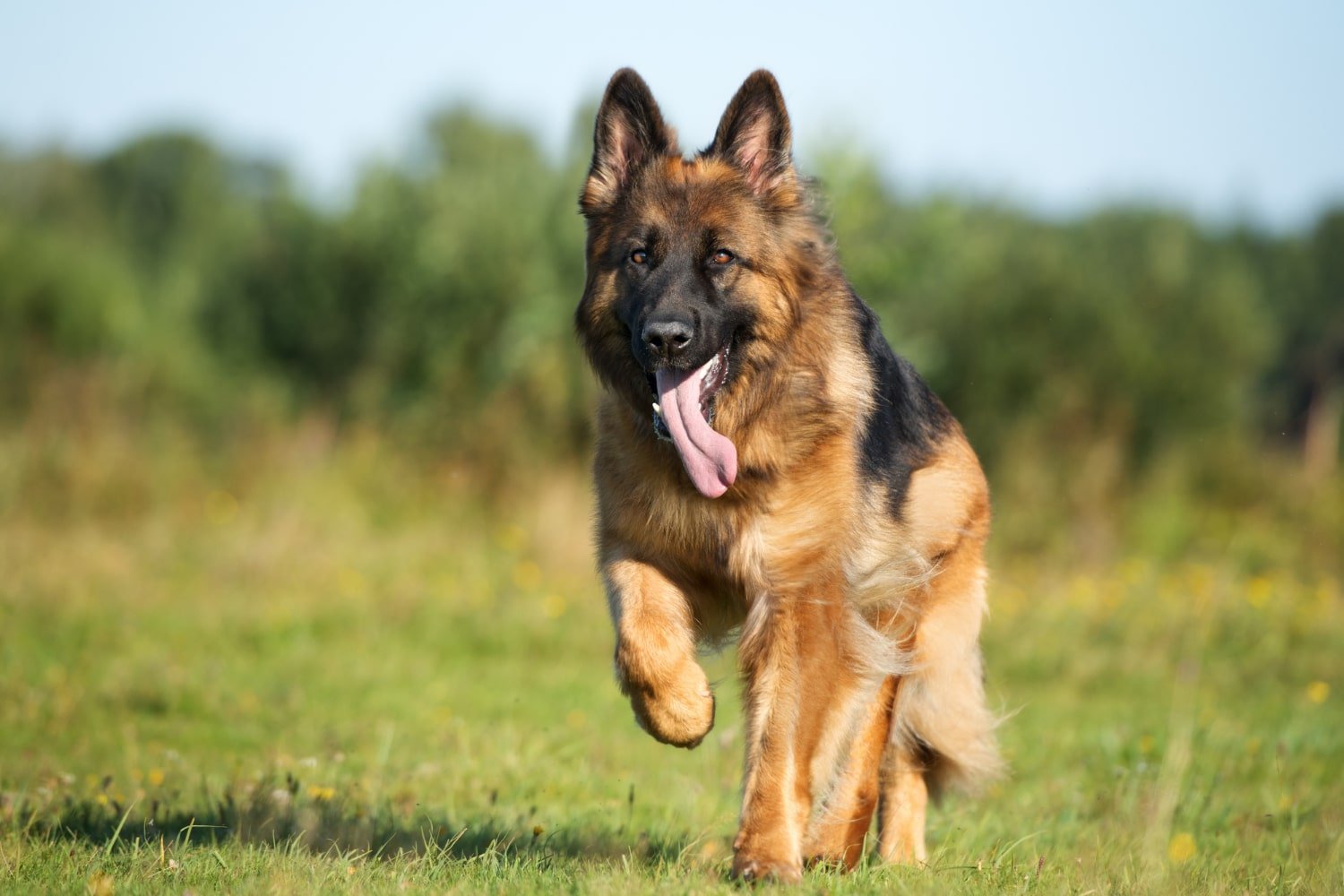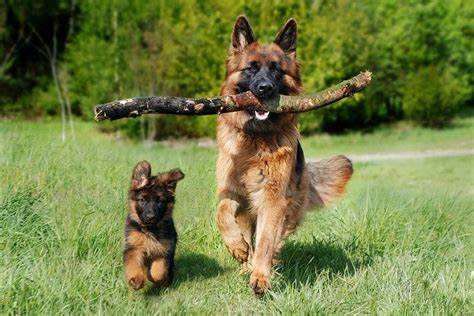Training German Shepherds: A Comprehensive Guide
German Shepherds are renowned for their intelligence, loyalty, and versatility, making them one of the most popular dog breeds for a wide range of roles, from family pets to working dogs. However, training them effectively requires understanding their specific needs, temperament, and the right approach. This comprehensive guide will walk you through the key steps in training a German Shepherd, ensuring that they become well-behaved, confident, and responsive companions.
Understanding German Shepherds’ Intelligence
German Shepherds are highly intelligent dogs, which means they are eager to learn and respond well to training. Their ability to quickly grasp commands and routines makes them an excellent choice for both first-time dog owners and experienced handlers. However, their intelligence also means they require mental stimulation to prevent boredom. Without proper engagement, a German Shepherd can develop undesirable behaviors such as excessive barking or destructive chewing.

Early Socialization is Key
One of the most important aspects of training a German Shepherd is early socialization. Introducing them to a variety of people, animals, and environments at a young age helps them become well-rounded and confident dogs. Socialization reduces the risk of fear-based aggression and ensures that your German Shepherd is comfortable in various situations. This process should begin as early as possible, ideally during their puppyhood.
Basic Commands and Obedience Training
Start training your German Shepherd with basic commands such as sit, stay, come, and heel. These foundational skills are essential for good behavior, especially as they grow into large and powerful dogs. Training sessions should be short and positive, lasting no more than 10-15 minutes at a time. German Shepherds respond well to positive reinforcement, so using treats and praise will motivate them to learn. Be patient and consistent, as they will quickly pick up on routines.
Leash Training and Walking Etiquette
German Shepherds are strong, energetic dogs that need regular exercise. Leash training is essential to prevent pulling and ensure that walks are enjoyable for both you and your dog. Start leash training early, using a well-fitted harness or collar. During walks, practice commands like “heel” or “let’s go” to encourage your German Shepherd to walk calmly by your side. Consistency is key, and you should reward them for walking politely.
Advanced Training and Mental Stimulation
Once your German Shepherd has mastered basic commands, you can move on to more advanced training, such as agility courses, scent detection, or even specialized tasks like search-and-rescue. These activities not only provide physical exercise but also offer important mental stimulation. Engaging your German Shepherd in these activities helps to keep them sharp and provides a fulfilling outlet for their energy.
Handling Behavioral Issues
Like all dogs, German Shepherds may experience behavioral issues, such as barking, digging, or separation anxiety. Early intervention is crucial in addressing these behaviors. For barking, ensure they are not reacting out of boredom or anxiety. Consistent positive reinforcement for calm behavior is the best way to manage excessive barking. For separation anxiety, work on crate training and gradually increasing the time spent alone to help them feel secure when you’re not around.
The Importance of Consistency and Patience
Training a German Shepherd requires consistency and patience. This breed thrives on routines and clear expectations, so ensure that everyone in the household follows the same training guidelines. Being consistent with commands and rewards will help reinforce positive behaviors and eliminate confusion for your dog.
Conclusion
Training a German Shepherd is a rewarding experience that strengthens the bond between you and your dog. Their intelligence, combined with early socialization, basic obedience, and mental stimulation, helps them become well-behaved and obedient companions. With patience and consistency, you can turn your German Shepherd into a confident, well-adjusted, and loving family member.








